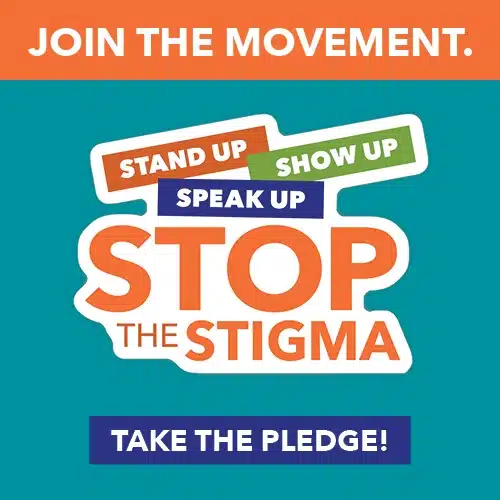This May for National Mental Health Month, Oaks strives to increase knowledge and awareness around mental health and its background. According to Mental Health America, most mental health conditions don’t have a single cause – they have many possible causes, called risk factors. The more risk factors you have, the more likely you are to develop a mental health condition in your lifetime. Mental health conditions can develop slowly, or symptoms can start to appear more suddenly after you’ve experienced a stressful event or big change.
Risk Factors
Risk factors don’t just affect who will and won’t develop a mental health condition. They also impact the seriousness of symptoms and when those symptoms will show up. Risk factors can include:
Social Determinants of Health (SDOH)
SDOH are the conditions in which people live, learn, work, and play that impacts their health and quality of live. There are five main categories – financial stability, education access and quality, health care access and quality, neighborhood and living environment, and social and community live. One example of how SDOH affect mental health is poverty. High poverty neighborhoods can cause stress, weaken healthy social connections and harm the overall mental health of the people who live there, even when controlling for individual poverty.
Trauma
Any experience that was highly stressful, shocking, or dangerous to you can be traumatic. Trauma is different for everyone – what feels normal to someone else might be traumatic to you and vice versa. A traumatic event can threaten your physical safety (like being in a car accident) or your emotional safety (like the sudden death of a loved one). Traumatic experiences can be one-time events (like getting in a fight) or ongoing (like bullying or childhood neglect). Situations like loneliness, seeing an accident, natural disasters, poverty and racism can all cause a trauma response.
Genetics
Your genes are passed down from your parents and ancestors. They act as a blueprint for how your body and brain develop and function. There’s no one gene that decides if you’ll have a mental health condition. Instead, many genes affect the way your brain develops, making you more or less likely to develop a mental health condition later.
Biology and Brain Chemistry
Some brains are wired differently, have too high or too low levels of certain neurotransmitters, or are damaged after a head injury. Abnormalities in the prefrontal cortex, frontal cortex, and other parts of the brain can also increase your chances of developing a mental health condition.
Habits and Lifestyle
It’s important to take care of your body and mind. Things like not getting enough high-quality sleep, regularly unhealthy food choices, lack of exercise, and poor stress management can all play a role in developing a mental health condition. For instance, the occasional night of tossing and turning won’t hurt you long term, but chronic exhaustion can. Sleep problems like insomnia, consistently poor sleep quality, and frequent nightmares are related to mental health concerns and conditions, including a higher risk for suicidal thoughts and behaviors.
Substance Use
Using drugs or alcohol can trigger a mental health condition by affecting mood, sleep, relationships, and physical health. It can also lead to changes in some of the same brain areas involved in other mental health conditions like depression and schizophrenia. It’s common for individuals already struggling with their mental health to turn to substances as a coping mechanism. This substance use can impact the effectiveness of medications and make it harder to recover from a mental health condition. When someone has a mental health condition that overlaps with a substance use disorder, it is either referred to as dual diagnosis or co-occurring disorders.
Am I destined to have a mental health condition?
It is important to know that experiencing any of these factors does not mean that you will develop a mental health condition. You can take steps to reduce your risk factors and increase your protective factors – like building supportive relationships, taking care of your body, and practicing gratitude. Just like any health condition, knowing the risk factors can help you identify and address symptoms early on and plan a course of action to overall health.
If you are concerned about your mental health or want to check in with a professional, Oaks Integrated Care is here to help. To learn more or schedule an appointment, call our Access Center at 1-800-963-3377 or fill out a contact form.









